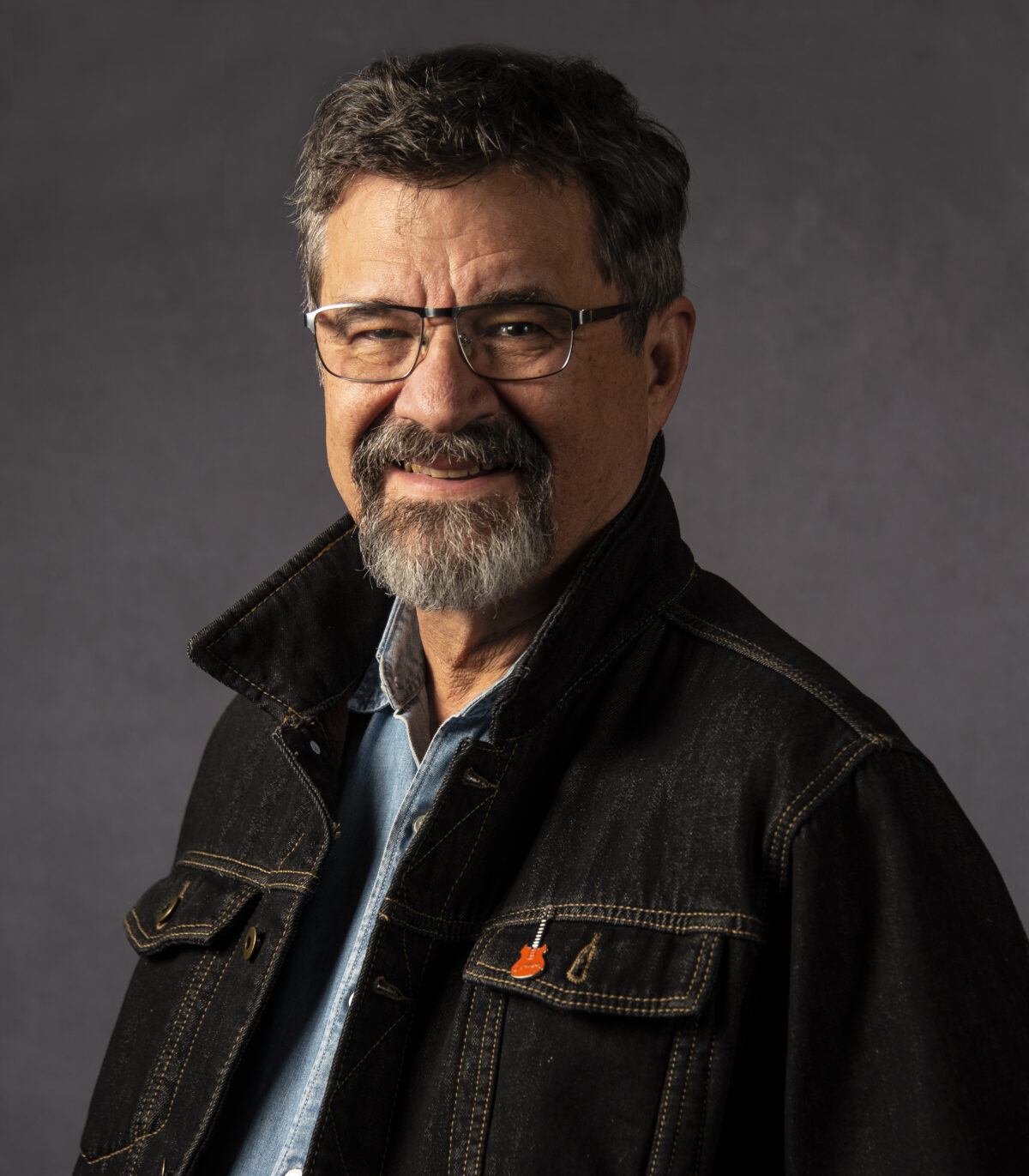Commentary on Matthew 18:15-20
Strange, isn’t it, that the lectionary has jumped to this text over some dramatic episodes like the transfiguration (Matthew 17:1-13) and the healing of a demon-possessed boy (17:14-21), then over an intriguing teaching of a coin-bearing fish that enables payment of the Temple tax (17:24-27)? Now we find ourselves in a section of the Gospel that deals with “normal” stuff like life in the church. The preacher might consider a sermon series on this topic. The text for today is surrounded by others that are designed to shape conduct within the community of believers.
First, would-be leaders in the community are to be as humble and teachable as children (Matthew 18:1-5). Next, Jesus’ followers must attend to matters of personal morality so that they don’t become “stumbling blocks” in the paths of others (18:6-9). Third, faithful disciples cultivate care for one another (18:10-14) in the manner that Paul writes to the Romans. “Owe no one anything,” he says, “except to love one another” (13:8a). Fourth, be persistent in resolving situations involving conflict (see the discussion below on the text for today). Then, be prepared to offer forgiveness to one another, “seventy times seven” if necessary (18:21-35).
Within this set of practices is perhaps the most difficult one to address—conflict. If there is one thing we can be sure of in the era of rapid social changes that affect church life, it is that conflicts will arise. The question is: how will we deal with it? Churches are certainly aware of this. In every search process for a pastoral leader I’ve been aware of, the question will always come up: “how do you handle conflict?” The candidate also has a request of the committee: “How have you handled conflicts in the past?” And so it goes. Here Jesus speaks about the matter with an assurance: “When two are three are gathered in my name” (even to deal with conflict), “I am there in the midst of them”.
Preachers and their congregations know that even the finest preachers can’t just “preach away” a conflict. They can certainly set up a theological framework for difficult conversations, but at some point, preachers must step out of the pulpit and assume a pastoral role in some kind of process. That’s what Matthew outlines here for his congregation.
Step one: privately take your grievance to the one who has “sinned against you”. If you feel heard, well and good. If not, go to step two. Take a couple of folks with you that both of you can trust. If you are heard then, fine. All is well. If not, take the matter before the local body of believers. If the offender still doesn’t listen, then, tragically, a bond is broken and the offender must be treated as an “outsider”. That certainly doesn’t mean that the offender is outside of God’s care and concern. It doesn’t mean the offender is to be treated with contempt. What it does mean is that an offender is to be treated with compassion and a hope that fellowship can be restored. This is, to be sure, an idealized process and as such bears scrutiny. It does, however, point to the need for any church to have a road map to a hoped for reconciliation.
As important as processes are, the principles that guide them are even more so. These principles go to the very heart of what it means to be the Body of Christ in our world. According to the Apostle Paul, one part of the body cannot say to another part of the body: I have no need of you! (1 Corinthians 12:12-26). These are strange words to ears in our culture of individualism. More familiar words are independence, self-reliance, and “I am my own person” so “I have no need of you”. It’s hard for a cluster of well-meaning but self-sufficient individuals to think of themselves as a mystical “Body” when they come together for worship. It’s often in worship, though, when we begin to feel more like a Body than a loose collection of individuals.
For example, during “joys and concerns” heart-felt utterances of one’s need for prayer or an announcement of some good news knit a community together in ways that surprise us. We catch a glimpse in such moments of how we are bound together in the Body of Christ and how painful it is when conflict affects that bond.
When conflict goes unaddressed, hearts begin to harden and the experience of being the Body of Christ fades into memory. When it is addressed, but done as if the church is only a collection of individuals and nothing else, then a pastoral ministry can end in bitterness, relationships are broken, and “alleluia” gets stuck in the throats of those that are left.
When we do address conflict believing that we are not simply an “institutional church” but a place where “two or three can gather together” in the presence of Christ, we are freed to be what we were created to be—God’s agents of reconciliation. Consider the immense need in our culture for communities where simple virtues are practiced—respect for the dignity of each individual, humble servant leadership, understanding and exploring racial and cultural differences with curiosity rather than fear, taking responsibility for wrongdoing and offering and accepting forgiveness, and empathizing with the pain and isolation of another.
One of the dominant themes in contemporary culture is “loss”—loss of faith in democratic institutions, loss of national pride and international prestige, loss even of some common understanding of “truth”. We’ve lost much because in our society we’ve forgotten how to deal with conflict. However, those of us who are bound together as the Body of Christ serve a God whose will is that not even little ones should be lost (Matthew 18:14). In service to our God and in the name of God’s Christ, we become agents of reconciliation to each other and to the world that God loves.


September 10, 2023